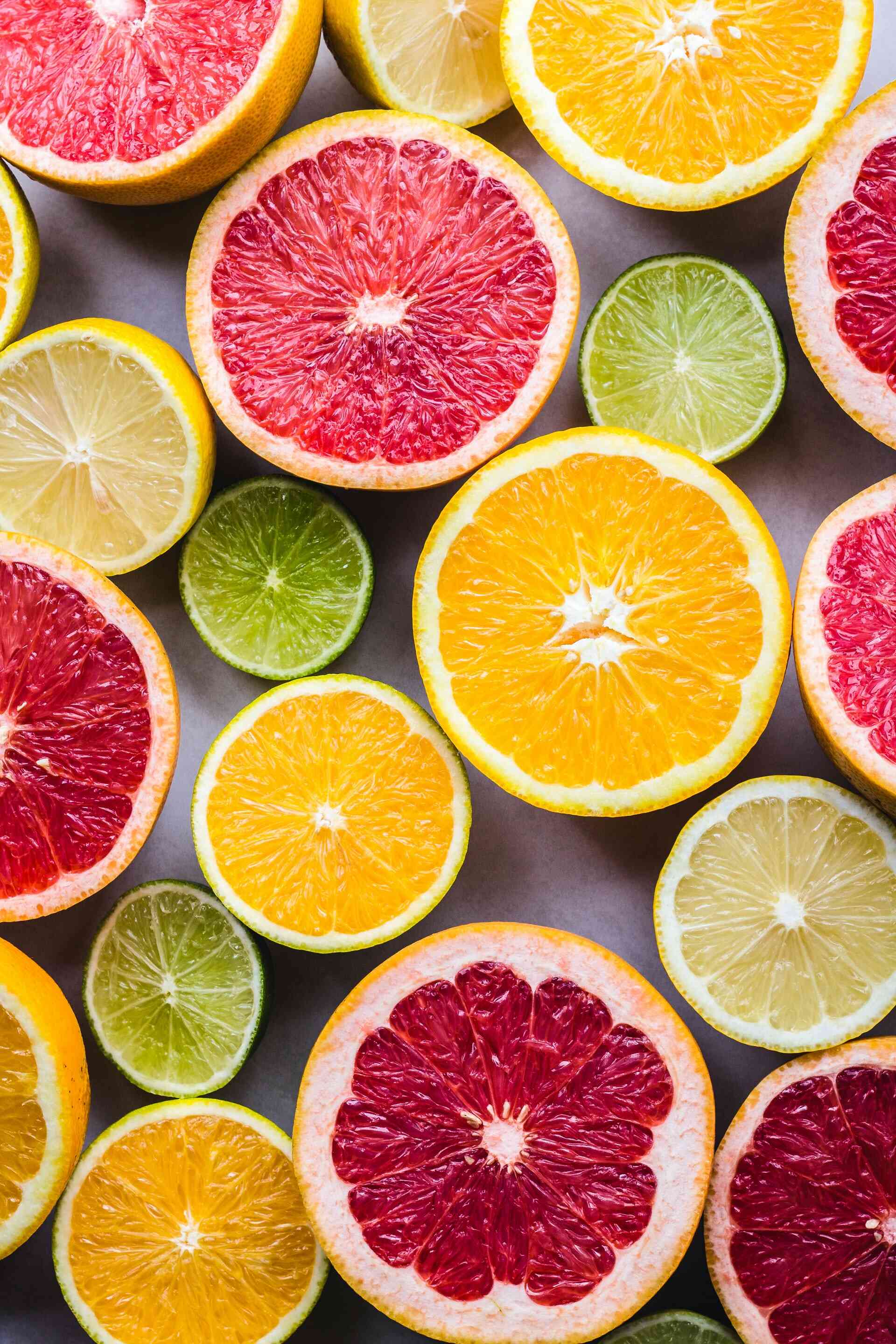Get Nutrition Smart With These Appropriate Food Pairings
Here’s what you need to know about the right food pairings for good health.
With increasing age, adequate nutrition becomes an essential prerequisite to remain healthy, both physically and psychologically. And that’s exactly when smart diets work for older adults. Did you know that certain foods when paired together and consumed, can provide the best nutrition, especially as we age?
David Jacobs, a researcher from the University of Minnesota found that “food influences our health in complex and highly interactive ways when certain foods are paired together.” He showed that certain food pairing helps to enhance bioactive compounds - compounds that promote good health and help in prevention of cancer, heart disease and various other ailments.
Usha Dharmanand, consultant nutritionist at Vikram Hospital Bangalore is a great advocate of pairing foods and shares some best practices of pairing food to enhance nutrition.

Plant based iron and Vitamin C: Iron from iron rich foods like whole pulses, green leafy vegetables and dals gets better absorbed by our body when eaten with vitamin C rich foods like bell pepper, guava, tomato, strawberry, lime and more.
Turmeric and black pepper: Curcumin in turmeric and piperine in black pepper, when consumed together, have been shown to improve health due to their anti-inflammatory, antioxidant and disease-fighting qualities.
Vitamin D and Calcium: Our body can absorb more calcium if we have optimum levels of Vitamin D in our body. That’s why it is important to try out certain Vitamin D rich and Calcium rich foods together. For Vitamin D, you can try out salmon, mackerel, eggs (yolks), cheese, fortified products and of course get exposed to natural sunlight. Simultaneously, you can consume Calcium rich foods like til seeds, poppy seeds, spinach, shepu or dill, green leafy vegetables, paneer, cheese, milk or curd.
Protein with healthy carbs and complementary proteins: When these are combined and consumed, the amino acid absent in one is compensated by its presence in another. Besides, the combined food helps in lowering the sugar level of the food. Like, beans, chickpeas or rajma with rice, vegetable khichdi or lemon rice with lots of dal and peanuts in tadka eaten along with veggies.
Fat and fat soluble vitamins: When tomato and avocado or carrots are tossed with a little fat like olive oil or when green veggies are eaten with nuts, the fat present in them helps our body to better absorb the fat soluble vitamins like Vitamin A,D,E,K.
It also helps in enhanced absorption of protective phytochemicals. A recent study measured how well phytochemicals were absorbed after people ate lettuce, carrot, and spinach salad with 2 to 1/2 tbsp of avocado (good fat). The avocado-eating group absorbed 8.3 times more alpha-carotene and 13.6 times more beta-carotene (both of which help protect against cancer and heart disease), and 4.3 times more lutein (which helps to amp up eye health) than those who did not eat avocados along with the salads.

Improper food combinations to be avoided
While some food combos are great for your health, some are not and must be kept at an arm’s length from your diet.
Spinach and dairy products: Foods such as spinach, chocolate, and tea contain oxalate - an antinutrient that can bind with calcium to form an insoluble compound. For people who are prone to certain types of kidney stones, consuming calcium sources such as dairy products with oxalate-containing foods can increase the risk of developing kidney stones. On the other hand, combining oxalates and calcium decreases the absorption of calcium. For most people, this is no problem in the context of a balanced diet. However, for people who don’t eat much calcium in the first place or who eat a diet very high in oxalates, this interaction might cause a problem.
How to reduce oxalates?
- By drinking plenty of water to help your body flush oxalates out.
- By consuming enough calcium, which binds to oxalates during digestion.
- By limiting sodium and sugar intake, which may contribute to formation of kidney stones at high levels
Water with food: Avoid drinking more than 200 ml of water with your meals as it can dilute stomach acids which are needed for the digestion of food.
Drug and nutrient absorption: Certain drugs can mess up with nutrient absorption capacity of your body.
Acid blocking drugs like antacids can reduce the absorption of Calcium, Vitamin B12 and Protein. Also, drugs that protect us from infection can do the same.
Diabetic medicine like Metformin can reduce Vitamin B12 & Folic acid absorption.
Lipid-lowering medicines like Statins can affect coenzymes like Co Q 10 and anti-epileptics can affect Vitamin D.
Consumption of Vitamin K-rich foods like green leafy vegetables needs to be reduced when on Anticoagulant drugs like Warfarin.
Note: If you are on any of these medications, please consult your physician or nutritionist for any dietary changes.
Food facts that you must keep in mind
- Deficiencies can occur due to various factors like ageing, boredom to cook, and food rigidity, among many other reasons.
- Soaking, germination, fermentation, and the right cooking methods can make many proteins, minerals and vitamins easily absorbable by the body.
- Vitamin and mineral supplementation to be done at a time when NOT taking any medications.
- Food combinations and rainbow colours on your plate can enhance good nutrition. Following the right food pairing along with diversity in the diet can bring about an appropriate, balanced diet.
- You can start ‘pairing for health’ and enjoy the nutritional benefits of tasty food combinations.
Some interesting food tips
Eating fruits along with a meal or immediately after a meal can be beneficial
The higher the glycemic index, the easier the digestibility and the quicker the sugars are absorbed in the blood after digestion. Many fruits have a lower glycemic index except for cantaloupe and watermelon. So, eating fruit with or just after a meal may actually be beneficial in controlling the sugar increase due to our simple carbohydrate diet.
Do not peel off the apple skin unless you find wax on it
Keep an apple in a big bowl and pour a glass of hot water on it. If there is wax on it, it will run down the apple as wax melts and you may be able to see an oily layer floating on the surface of the water. If so, please remove the skin of the apple and consume it. If not, enjoy extra nutrients by consuming the skin.
Intermittent fasting is good for older adults
Numerous research has indicated good health benefits of intermittent fasting like better sugar control, blood pressure control, weight loss, etc. Hence, it is worth a try.
Being aware of appropriate nutrition is of immense importance, especially if you are 50 and above. Try out these food pairings and follow these expert tips to enjoy healthy ageing.
Are there any food pairings you live by? Tell us in the comments below.
Comments
You may like to read:

Health and wellness
Five Lifestyle Changes To Ease Bladder Control

jessica smith
5 mins read

Health and wellness
Five things to keep in mind when considering organ donation

sunayana singh, ceo of organ india, an initiative of the parashar foundation
3 mins read

Health and wellness
How NURA Uses AI-Enabled Screening to make a difference in Preventive Healthcare

Silver Talkies
4 mins read

Post a comment